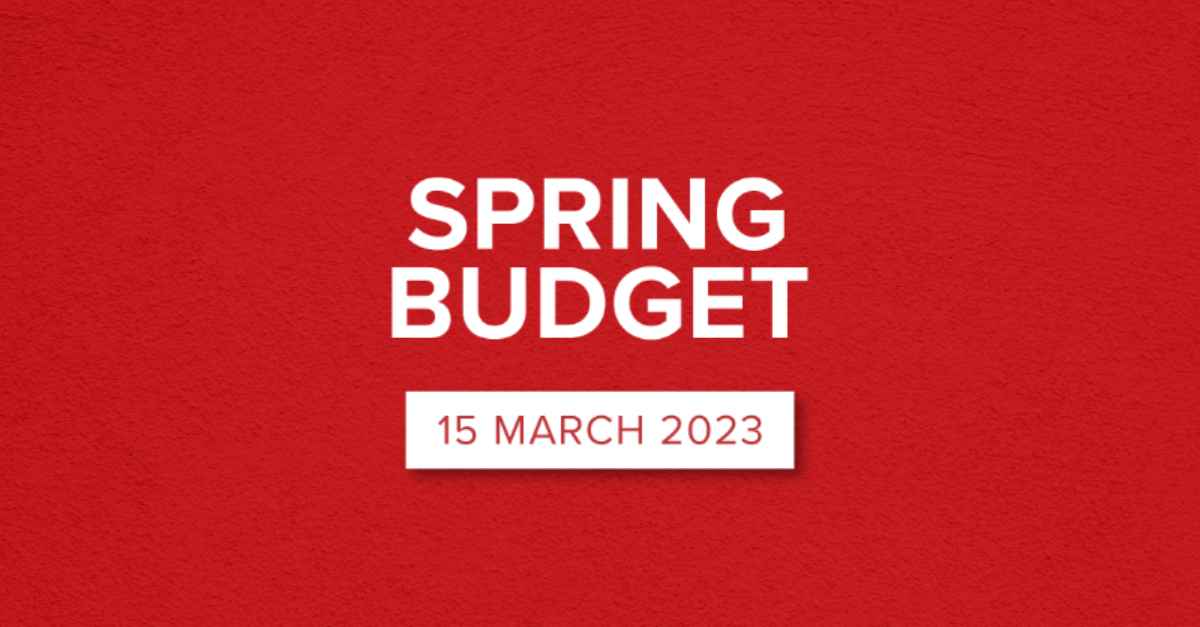Jeremy Hunt’s Spring Budget has left the automotive sector underwhelmed with industry bodies labelling it a ‘missed opportunity’.
Despite falling sales in electric vehicles the government has not introduced any incentives to encourage car buyers to go green, while the yawning skills gap has not been addressed either with no changes made to what many consider a failing Apprenticeship Levy.
Mike Hawes, Chief Executive of the Society of Motor Manufacturers and Traders, said, “Government has been keen to assure the UK automotive industry’s competitiveness, with support for EV development and manufacturing – including £2.1bn in autumn’s Advanced Manufacturing Plan – but there is little to help consumer demand.
“The Spring Budget is, therefore, a missed opportunity to deliver fairer tax for a fair transition. Reducing VAT on new EVs, revising vehicle taxation to promote rather than punish going electric, and an end to the VAT ‘pavement penalty’ on public charging would have energised the market. With both government and industry having statutory requirements to deliver net zero, more still needs to be done to help consumers make the switch.”
Meanwhile, Steve Nash, CEO of the Institute of the Motor Industry, suggested it was a political Budget rather than a practical one that could help the sector move towards net zero.
He said, “Despite talking about encouraging investment in future technologies, today’s Spring Budget seemed to miss the opportunity to make some small changes that would support the widest automotive sector as it faces a continuing skills gap while trying to future-proof itself. There was also nothing done to encourage more people to move to lower and zero emissions vehicles.
“For the UK to achieve its green ambitions every part of the automotive sector must be supported and that includes the aftermarket. Whilst the addition of leased assets in the Full Expensing 100% first year capital allowance may provide some businesses with help, it’s disappointing that the Super Deduction was not reintroduced. This would have provided the wider aftermarket with essential help to ensure it is adequately equipped and trained to support EV drivers.”
Sue Robinson, Chief Executive of the National Franchised Dealers Association, highlighted similar omissions.
She said, “The NFDA had urged the government to introduce incentives to prevent EV sales from flatlining. Noticeably, fleet has been driving sales of new cars rather than private buyers. The government must do more to help maintain momentum in the private BEV market and increase adoption of these cleaner vehicles across the UK.”
Robinson also expressed disappointment at an unreformed Apprenticeship Levy, and concluded, “There certainly were a few missed opportunities in this Spring Budget.”
















